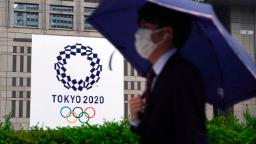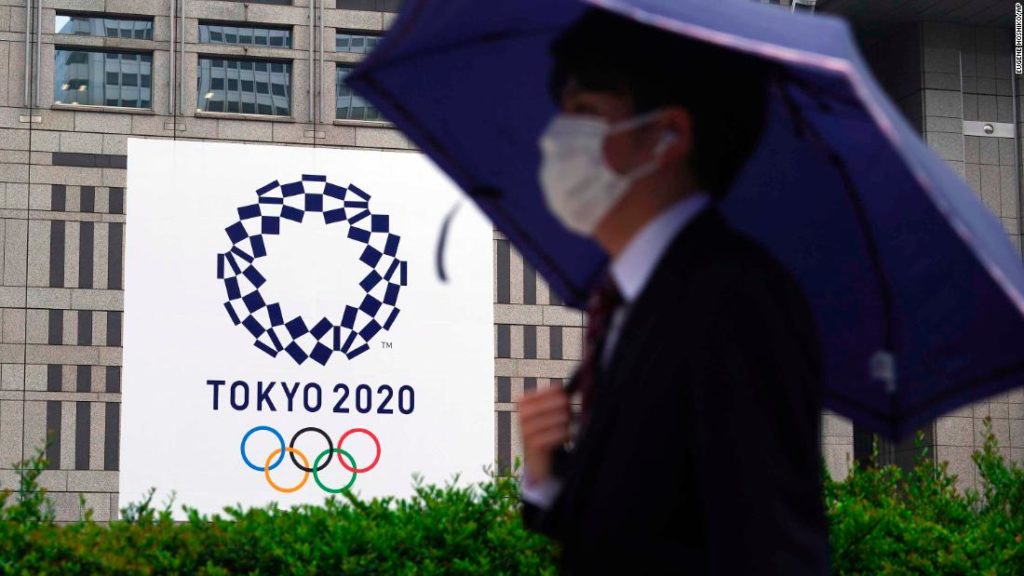
The country reintroduced emergency measures in April as it grappled with a fourth wave of coronavirus cases — one that has yet to diminish.
The governors of Tokyo and Osaka have already asked the central government to extend the current state of emergency, due to expire on May 31. According to Japanese media, the measures could be extended to June 20. The opening day for the Tokyo 2020 Games — postponed last year due to the pandemic — is July 23.
Under the current measures, residents are asked to avoid nonessential outings, work from home and stick to mask-wearing, though such guidance is not mandatory. Large commercial spaces like shopping malls are barred from operating, except to provide essential items and services. Establishments that serve alcohol are advised to shut completely and dry establishments asked to close from 8 p.m., or face a fine.
Prime Minister Yoshihide Suga will meet with experts Friday to discuss the extension over Tokyo, Osaka, Hyogo, Kyoto, and five other prefectures. The southern island prefecture of Okinawa will already be under a state of emergency until June 20.
But pressure to do so has been building as the Games grow ever nearer. On Thursday, Japan’s doctors’ union reaffirmed demands to call off the competition, warning it could cause the spread of mutant strains of the virus.
“There’s a possibility that the Indian and South African strains could be spread more,” union chairman Naoto Ueyama warned at a news conference in Tokyo.
Ueyama urged the international community to help sound the alarm about the potential danger of the Olympics and to mobilize public opinion against the event. He criticized the IOC’s latest pledge to hold the Games even while Japan is under a state of emergency, saying it had raised the ire of medical staff and many people in the country.
“The whole world needs to come together to fight Covid-19; however, some are turning their backs against this struggle, and there’s a risk that the Tokyo Olympics will be an obstacle in overcoming Covid-19,” Ueyama said.
Tokyo 2020 CEO Toshiro Muto said Wednesday nine hospitals would be set aside for Olympics-related staff. However, Ueyama warned of hospitals being overburdened in July and August due to the increase in patients typically brought in for heatstroke during Japan’s summer.
The doctor also criticized Japan’s vaccine rollout as being “embarrassingly slow.” He added that even if 1 million people are vaccinated daily, it could take six months to inoculate the whole population.
“The Japanese government last year pledged to hold the Olympics as a sign of conquering Covid-19, but that was a naive illusion,” Ueyama said.
Journalists Chie Kobayashi and Mai Nishiyama reported from Tokyo and CNN’s Emiko Jozuka reported from Hong Kong.
You may also like
-
Super League: UEFA forced to drop disciplinary proceedings against remaining clubs
-
Simone Biles says she ‘should have quit way before Tokyo’
-
Kyrie Irving: NBA star the latest to withhold vaccination status
-
Roger Hunt: English football mourns death of Liverpool striker and World Cup winner
-
‘Every single time I lift the bar, I’m just lifting my country up’: Shiva Karout’s quest for powerlifting glory

